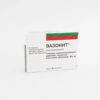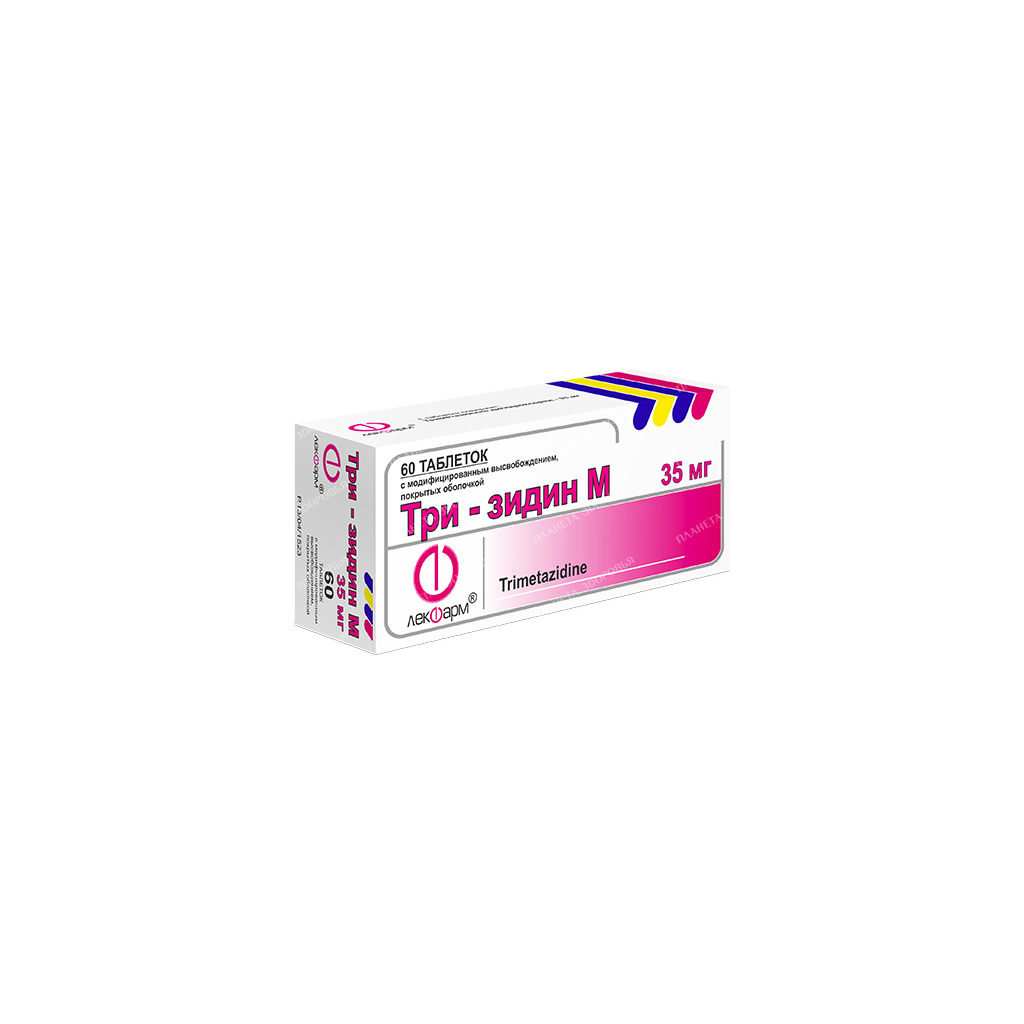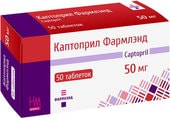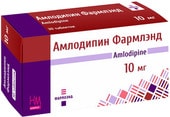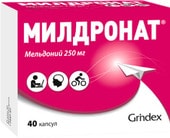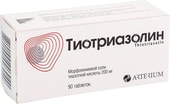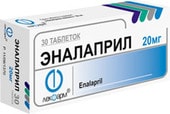Tri-zidine M modified release tablets p/o 35mg №10×6
$29.00
Tri-zidine M Modified Release Tablets: Relief for Angina Pectoris
Description:
Tri-zidine M modified release tablets are a prescription medication used to treat stable angina pectoris, a type of chest pain caused by reduced blood flow to the heart. These pink, film-coated tablets provide sustained release of the active ingredient trimetazidine, helping to improve heart function and reduce the frequency and intensity of angina attacks.
Key Benefits:
- Effective Angina Treatment: Tri-zidine M helps relieve chest pain associated with stable angina by improving the heart’s energy metabolism.
- Sustained Release Formula: The modified release formulation ensures consistent levels of trimetazidine in the bloodstream for prolonged relief.
- Convenient Dosage: One tablet twice daily, taken with meals, simplifies medication management.
Important Considerations:
- Not for Acute Angina: Tri-zidine M is not intended for the relief of immediate angina attacks or for initial treatment of unstable angina or myocardial infarction.
- Parkinsonism Risk: In rare cases, trimetazidine may cause or worsen Parkinsonism symptoms. Regular monitoring and consultation with a neurologist are recommended, especially for elderly patients.
- Potential for Falls: Unsteady walking or low muscle tone can increase the risk of falls, particularly when combined with antihypertensive medications.
- Renal Impairment: Dose adjustments may be necessary for patients with moderate renal impairment or those over 75 years of age.
Dosage and Administration:
- Standard Dose: One 35mg tablet twice daily with meals.
- Renal Impairment: For moderate renal impairment, one 35mg tablet daily with meals is recommended.
- Elderly Patients: Dose titration should be carefully considered due to increased elimination time.
Safety and Use:
- Pregnancy and Lactation: Tri-zidine M should be avoided during pregnancy and breastfeeding due to limited safety data.
- Children: Safety and efficacy in children under 18 years of age have not been established.
- Driving and Machinery: While trimetazidine does not have a direct hemodynamic effect, dizziness or drowsiness may occur and affect driving or operating machinery.
Interactions and Contraindications:
- Hypersensitivity: Avoid use in individuals with hypersensitivity to trimetazidine or any excipients.
- Parkinson’s Disease: Contraindicated in patients with Parkinson’s disease, Parkinsonian symptoms, tremors, restless leg syndrome, or other movement disorders.
- Severe Renal Impairment: Contraindicated in patients with severe renal impairment (creatinine clearance <30 ml/min).
- Drug Interactions: No significant interactions with other medications have been reported.
Side Effects:
Common side effects include dizziness, headache, abdominal pain, diarrhea, nausea, vomiting, and rash. Less common side effects may include Parkinsonism symptoms, restless leg syndrome, unsteady walking, sleep disturbances, palpitations, and hypersensitivity reactions.
Overdose:
Limited information exists on trimetazidine overdose. Symptomatic treatment is recommended.
Storage:
Store in a dry place below 25°C. Keep out of reach of children.
Note: This information is for general knowledge only and is not a substitute for professional medical advice. Consult with your healthcare provider for any questions regarding Tri-zidine M or other medications.
Search Terms:
Tri-zidine M, Trimetazidine, Angina Pectoris, Chest Pain, Heart Disease, Modified Release Tablets, Parkinsonism, Renal Impairment, Medication Guide, Prescription Drug
| INN | trimetazidine |
|---|---|
| The code | 48 332 |
| Barcode | 4 812 608 002 326 |
| Dosage | 35mg |
| Active substance | Trimetazidine |
| Manufacturer | Lekpharm SOOO, Belarus |
Related products
Cardiovascular Health
 Free worldwide shipping on orders $99+
Free worldwide shipping on orders $99+  US: temporary delays — postal services aligning new import rules,
US: temporary delays — postal services aligning new import rules,  EU: 1–2 weeks,
EU: 1–2 weeks,  Worldwide: 1–4 weeks
Worldwide: 1–4 weeks 

